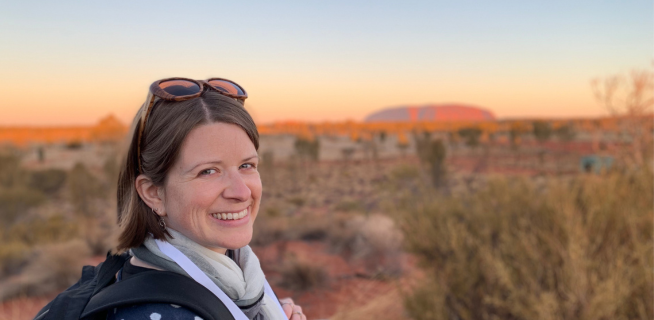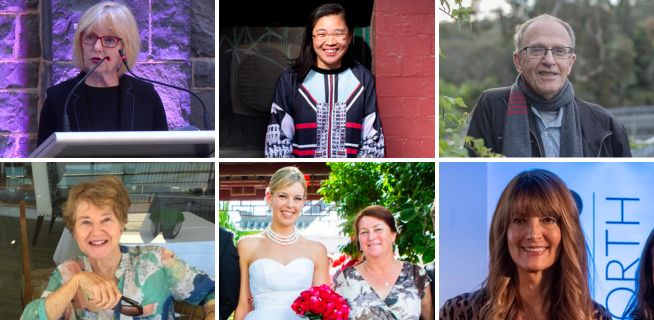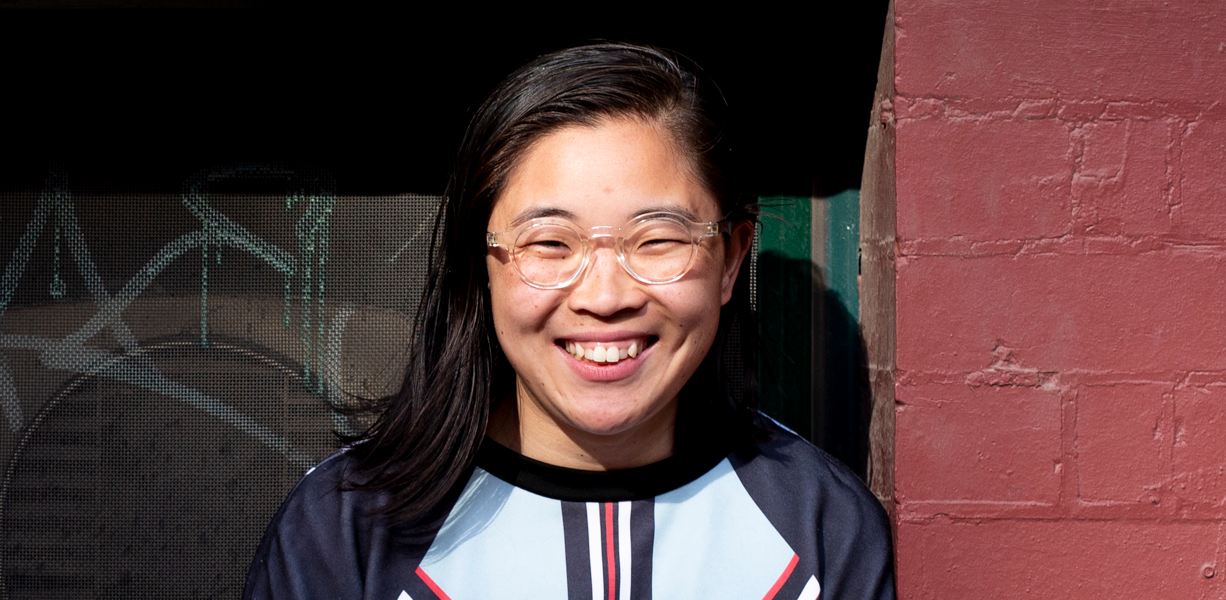Storytelling trainer, writer and impact investor Dalit Kaplan tells it like it is.

‘It’s a family project’: Erin Davidson on building The Illuminate Fund
Fundholder Erin Davidson reflects on her family tradition of giving, what she enjoys about being part of a community of givers, and the value a community foundation has brought to her giving journey.



